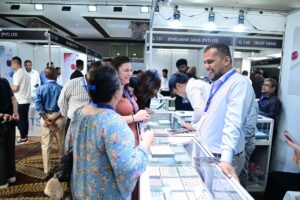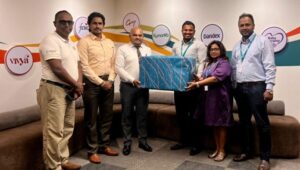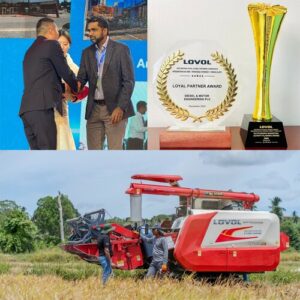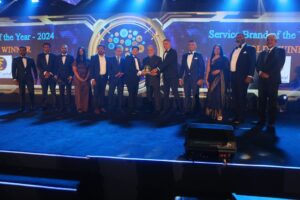Hatch is making science education affordable in Sri Lanka with Foldscope
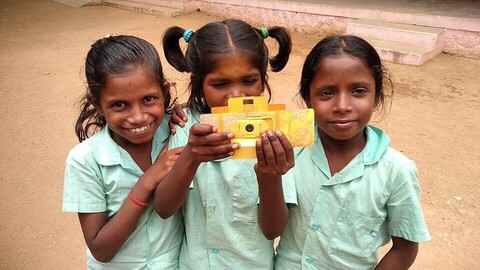
If the current pandemic has taught us anything, it is that the world needs more curious minds in science to solve global problems. Having seen this need, Hatch has now secured an authorized distribution partnership with Foldscope, to introduce low-cost scientific tools to Sri Lankan students to magnify their science knowledge. This is in line with Hatch’s larger goal to provide Sri Lankans, especially entrepreneurs with opportunity to gain knowledge and create new ideas. Hatch believes that there is a curious mind in every one of us and this curiosity, if harnessed, can lead to a better future for everyone.
The partnership aims to fulfill the shared goal of bringing down affordable STEM tools to Sri Lanka, addressing the lack of accessibility to scientific tools within the country.
As a company, Foldscope Instruments Inc’s mission is to break down the price barrier between people and their curiosity for scientific exploration. Foldscope has already provided affordable scientific tools to impoverished communities around the world, from farmers in India to schools in the U.S. In doing so, they have helped advance education, health, and opportunities within these communities.
The organization is home to the world’s most affordable microscope, which has been designed to be portable, durable, and on par with conventional research microscopes (140X magnification and 2 micron resolution).
The ultra-affordable paper microscope was an invention of Manu Prakash and Jim Cybulski, during Jim’s time at Stanford University. The inspiration for the tool stemmed from their field visits around the world, where they witnessed firsthand a lack of proper scientific equipment in developing communities. This was a situation that could not be fixed by traditional microscopes, which were costly and cumbersome. Therefore both Manu and Jim, came up with a far more revolutionary solution, in the form of the Foldscope.
The tool costs a mere thousand rupees (1,000 LKR) and presents itself as a flat sheet of paper with an attachable glass lens, which can be folded and tucked to form a functional microscope. The Foldscope can also easily fit into the pockets of students, making it easily transportable as opposed to the bulkier traditional microscopes.
The microscope was also designed to be water-proof, adding to its durability and ensuring that it can be used almost anywhere. The Foldscope was built to satisfy scientific curiosity from your kitchen table to the school playground. According to Amazon Rainforest Researcher, Aaron Pomerantz, “it can get wet, crumpled up, muddy, etc., and still function. As long as your little micro-lens isn’t damaged, it isn’t too hard to slip in a slide of your material and view it.”
This revolutionary scientific tool has since earned praise from some of the world’s leading scientific bodies including the world respected MIT Technology Review that recognized Foldscope as “one of ten recent low-tech inventions that have changed the world”
The Foldscope has now been distributed across 150 countries, where it has reached over a million users. Moreover, the company has also shipped thousands of these microscopes to developing communities around the world for free.
By introducing these scientific tools to Sri Lanka, both Foldscope and Hatch will bring down the financial barriers faced by local students, and help them further their scientific goals.
Photo captions-
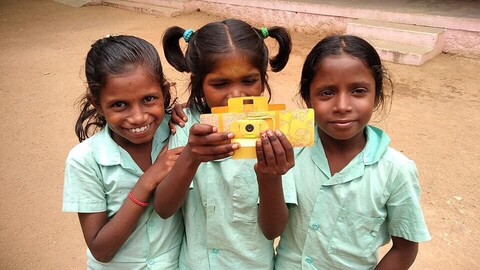
Children with a Foldscope tool 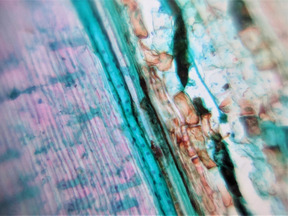
Image of plant cells taken from a Foldscope 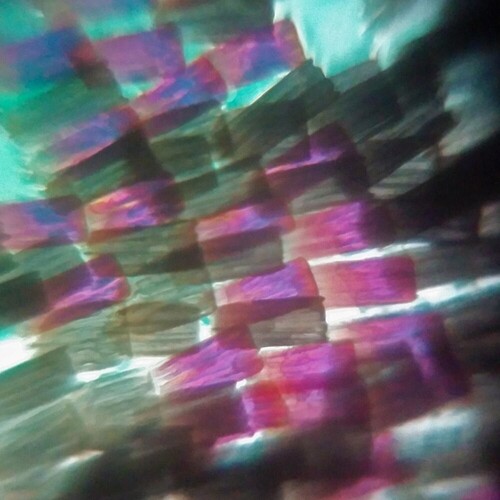
Image of butterfly wing scales taken from a Foldscope 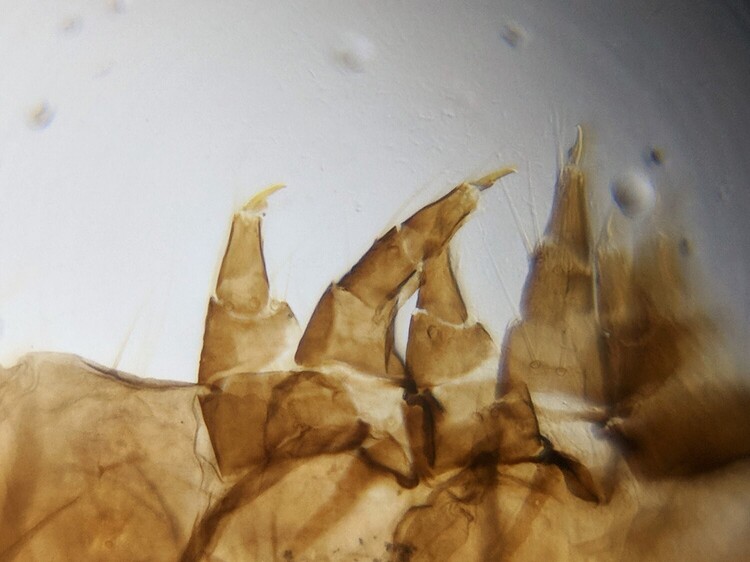
Image of legs of a mite taken from a Foldscope
